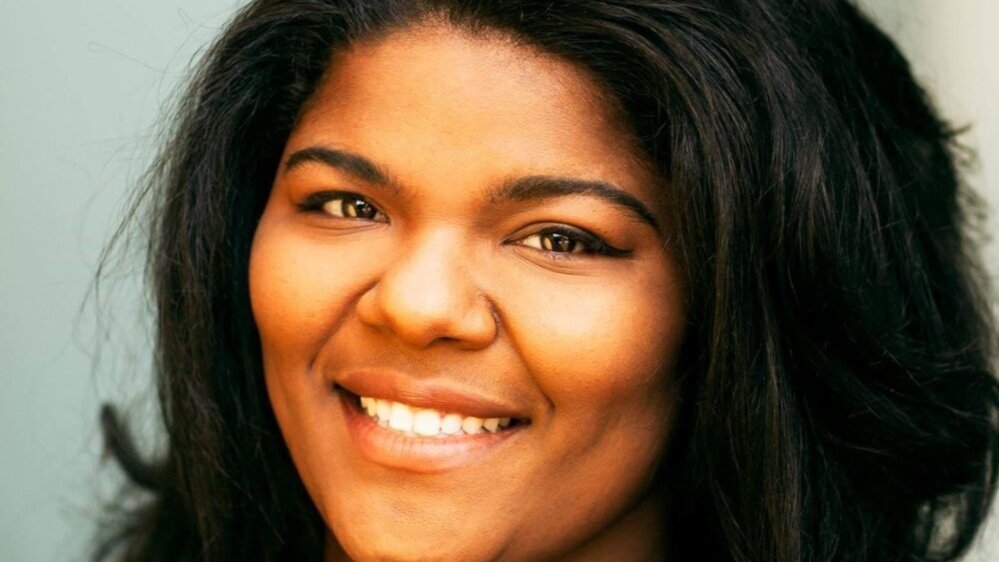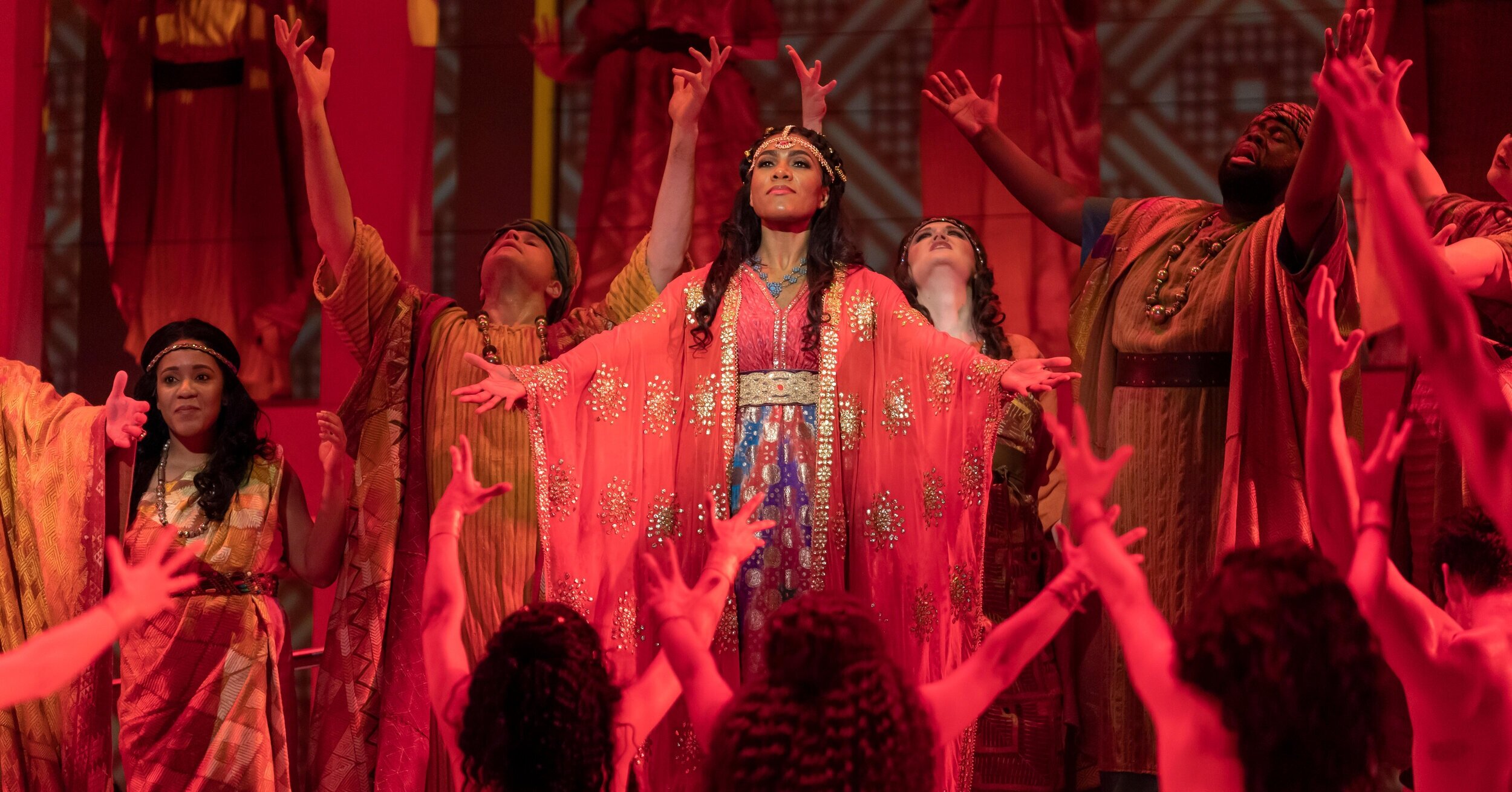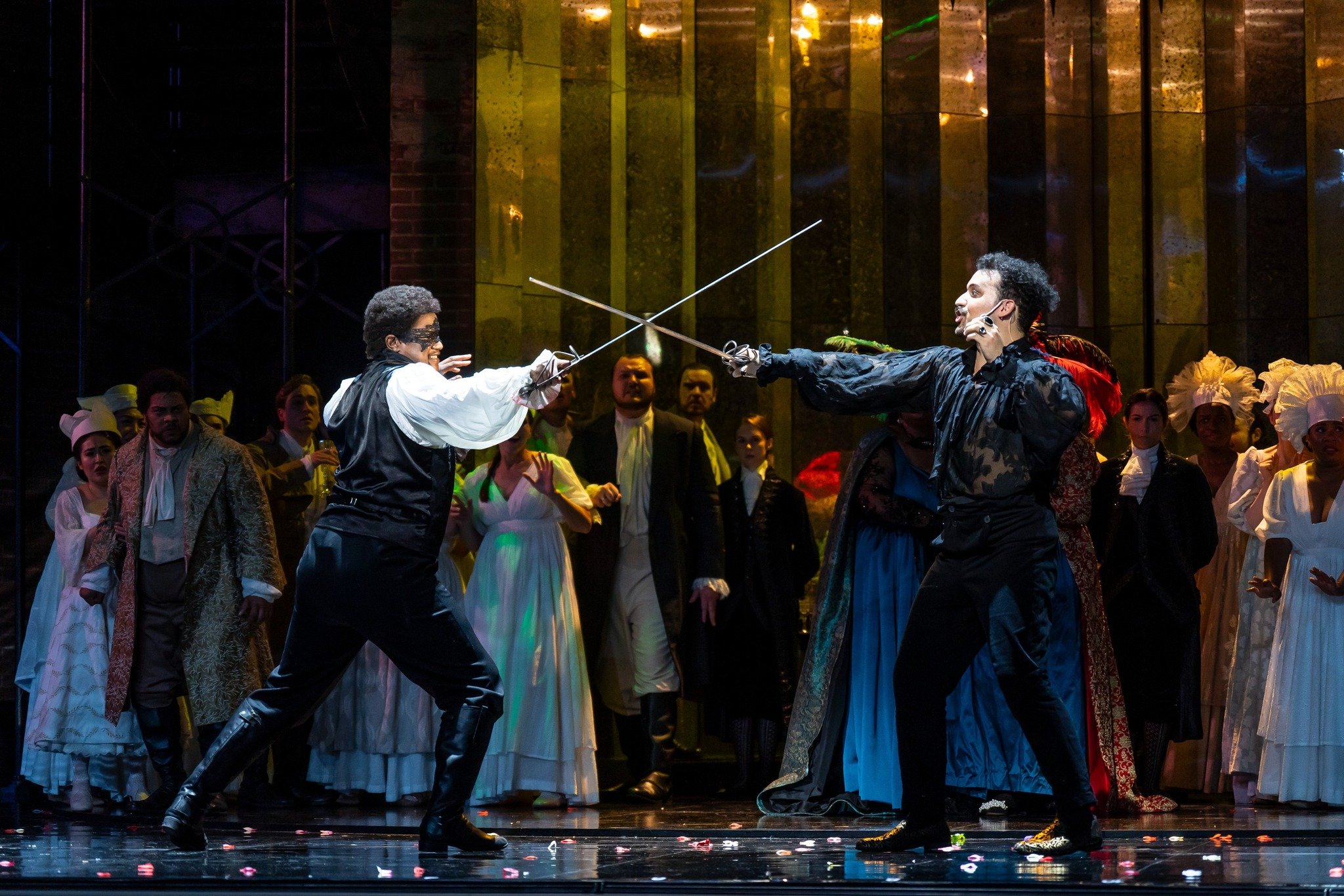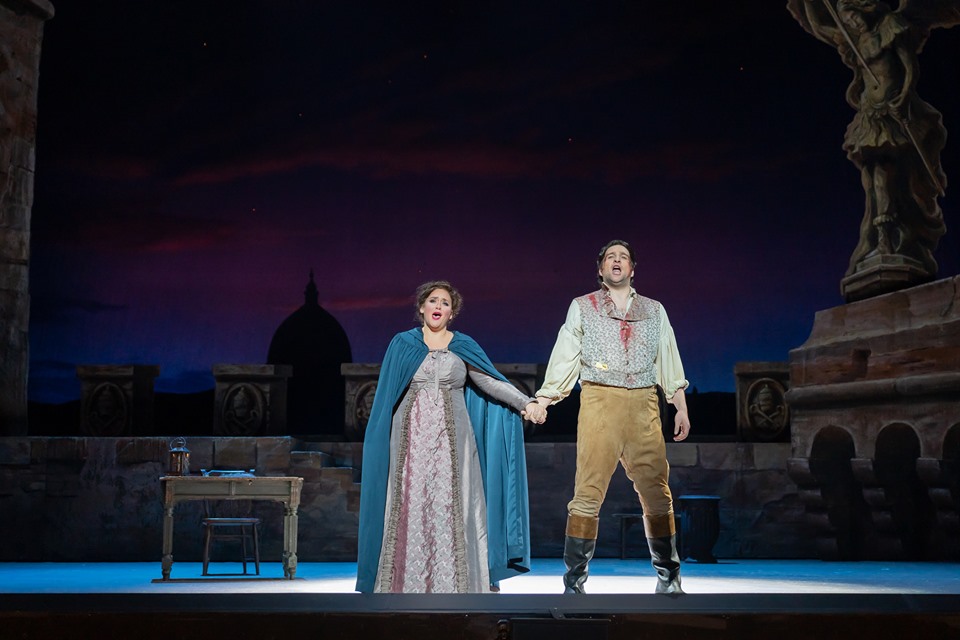Me too, Giovanni?

What’s the problem?
Washington National Opera is doing more than most companies to address the race and gender imbalances that have historically plagued opera houses (a lot more). But, like most everyone else in opera land, when it comes to addressing the industry’s sexual harassment problems head-on, that’s been a bit of a different story. No doubt in WNO’s case there’s beena lot angst around this issue because of the Placido Domingo allegations (Domingo is a former General Director of the company), and the investigations into them, which just days ago prompted the company to remove his name from its young artists program.
So on paper (or at least in my imagination), choosing a woman to direct one of the most misogynistic operas in the canon seemed like a smart, timely idea that would further a conversation that’s far from over. The timing seemed especially fortuitous in light of the recent Weinstein conviction and what was just revealed about the Domingo investigation. Plus, the company is promoting a new discussion series called “Let’s Go There” in which they intend to discuss opera’s more contentious and challenging issues candidly, and Don Giovanni is the first subject (March 14, 1 pm, Kennedy Center’s Skylight Pavilion). Even the program note was titled “Toxic Bachelors, the #MeToo Movement, and Don Giovanni.” It certainly looked like WNO had all the pieces in place to stage Giovanni under a #MeToo lens, and few operas offer more potential rewards for such a project.
If that was the intention, it didn’t succeed, and that seems like a tremendous lost opportunity.
On the other hand, if the company was merely looking to bring back a perennial favorite with a female director and a diverse cast, and make a couple of nods toward the whole #MeToo thing — because you know, really, how can you not acknowledge that with Don Giovanni given the times? But let’s not make too much of it, you know, it might upset some people — on that level, they succeeded. And that in and of itself is a worthy enough endeavor, which still puts WNO ahead of most companies its size. What seems like a low bar here isn’t actually all that low — the company just raised my expectations (far) beyond what they actually delivered.
I’ll get back to that, but first, let’s go over what was delivered, which was a talented cast singing one of canon’s highlights. As the title character, Ryan McKinny has the physical presence to make him believable in the role, which isn’t always a given, and a pleasingly clear voice. What he lacks is an aura of sociopathic menace, which renders his portrayal as somewhat flat and one-dimensional. Five years ago, some audience members might have found that annoying, and others perhaps troublesome, but it wouldn’t have necessarily have come off as an artistic lapse, passively conveying disregard for changing social mores. However, today it does, and an opera that plays rape, murder, and assault for laughs just because that’s always the way it’s been done might as well still be presenting Otello in blackface. Kyle Ketelsen’s Leporello suffers in the same way (the audience yukked it up during the “catalogue aria” in which he describes Giovanni’s long list of conquests), but since he’s merely complicit in Giovanni’s crimes and aggression before having a change of heart late in the day, he comes off slightly better if only because his Leporello is largely a buffoon, which again, is an interpretive and directorial choice that doesn’t really jibe with today’s cultural moment.
Thankfully, everyone who suffers at the hands of these two come off rather well, especially Vanessa Becerra’s Zerlina, whose turn with “Batti, batti, o bel Masetto” didn’t come off as mocking as it should, but that didn’t keep her performance from being a highlight of the evening. As Zerlina’s nearly cuckolded beloved, baritone Norman Garrett brought presence and vocal chops to the small role, making me wish there was more for him to do (thankfully he’ll be back later this season as Jake in Porgy and Bess). Keri Alkema, who shone in last season’s Tosca despite its awful direction, delivers another solid vocal performance, anchoring this production with a sense of purpose that often goes missing when she’s not on stage. As Donna Anna, Vanessa Vasquez seems to be one of those singers who are poised for the right role in the right production at the right time to become someone everyone is suddenly interested in and talking about. This Giovanni isn’t going to do that for her, but you can sense the moment is not far off for the young soprano. Alek Shrader, a tenor with a beautiful voice and great presence in the right role, seems to disappear in theaters as large as the Kennedy Center’s opera house. Cast him in something at the Terrace Theatre and Shrader will likely get the audience to fall in love with him no matter what he sings. Peter Volpe’s Commendatore was fabulous, really, even if he was woefully misdirected.
It’s a shame singers of this quality had to sing over an orchestra led by Evan Rogister, who can more or less get everyone in the pit to play together, but couldn’t bring a single ounce of bounce, heft, or fizz to Mozart’s music. And I mean none, nada, zip. Erhard Rom’s sets looked cheap and efficient, and that ‘s about the best thing one can say about them. As I would learn the next day, they were designed to do double duty for both Giovanni and Samson and Delilah. Here’s a fun game to play at home before you go to the opera: imagine a set design that works equally well for a tragicomedy of manners set in 18th century Europe which culminates in the dining room of a manor house, and for another set in biblical times, which culminates in a temple’s destruction from within. Good luck with that — Erhard Rom, the set designer, couldn’t figure it out, either, but apparently thought recycling the ramp we’ve seen in at least two other recent WNO productions and the set of the Met’s Exterminating Angel was a good place to start. They were not, which made the whole design look lazy and derivative.
Finally, E. Loren Meeker, I had such high hopes for your work. They weren’t met. You’re directing Don Giovanni while Donald John Trump is in the White House just down the street. This was the best you could do?
Photo by Scott Suchman.





